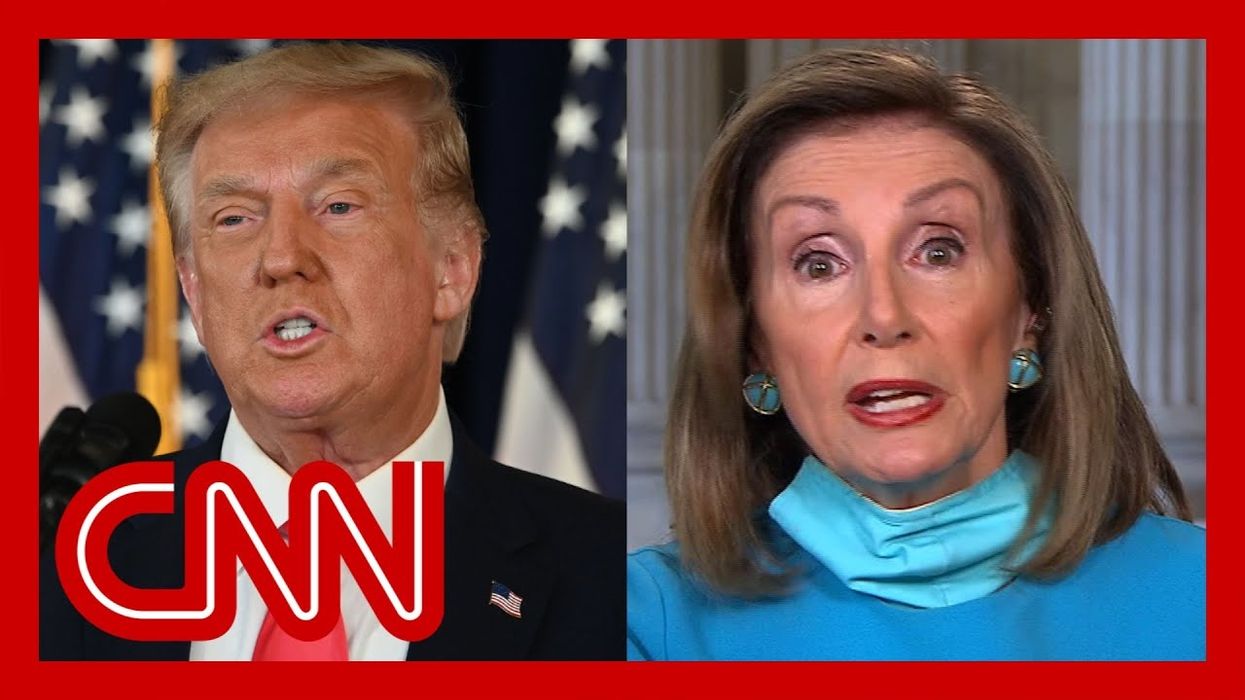On Saturday, President Trump signed three memorandums and one executive order that are designed to help Americans dealing with the economic downturn as a result of the coronavirus lock-down. The three memorandums address student loan payment relief, deferring payroll tax obligations, and using emergency funds to provide economic relief to states and people who are unemployed. The executive order deals with rent relief. The legality of the memorandum on the use of emergency funds for relief has been questioned, and may be on shakier legal ground compared to the other measures. The three other actions may fall within the president's purview because the president has the authority to delay student loan payments and defer taxes in times of disaster, and the order on rent relief is less sweeping than some initially thought.
The order on rent relief states: "Secretary of Health and Human Services and the Director of CDC shall consider whether any measures temporarily halting residential evictions of any tenants for failure to pay rent are reasonably necessary to prevent the further spread of COVID-19." The memorandum also states that the heads of other agencies should identify funds to be used to help renters and should try to help renters avoid eviction. It does not state exactly what actions or funds are to be used, and it doesn't impose strict requirements on these agencies to take a specific action.
Trump may not have the authority to create enhanced unemployment programs because the Stafford Disaster Relief Act allows the president to give unemployment aid only to those not eligible for other unemployment benefits, and it does not allow the amount given to unemployed people to exceed the normal amount of unemployment benefits given to them by the state.
In the memorandums on student loans and tax deferment, Trump referenced specific laws that allow the president to delay or defer payments in times of disaster or economic hardship. The president can delay student loans for up to three years for people who experience economic hardship. Additionally, the president can defer collection of federal taxes during a disaster.



















Trump & Hegseth gave Mark Kelly a huge 2028 gift